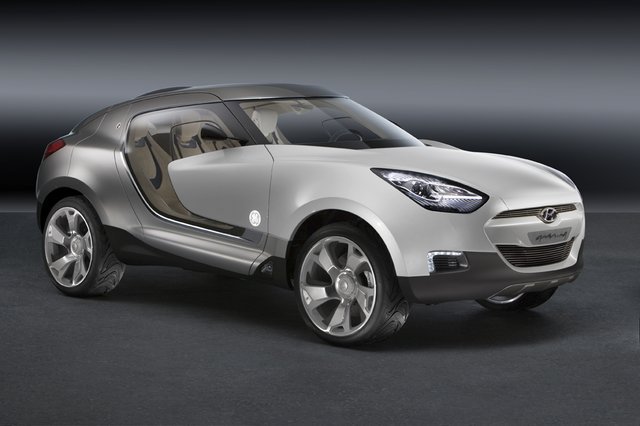Will lightweight plastic car windows shatter the glass market in China or India?

Hyundai and GE Plastics demonstrated the new automotive possibilities for plastics back in 2007 with the Hyundai, and emerging markets are key to the continued rise of polycarbonates. If a Chinese or Indian automaker buys into plastic instead of glass on a large scale, it might spur the rest of the auto industry to make the switch, Venkatakrish Umamaheswaran, director of automotive products and marketing for Sabic Innovative Plastics, tells Ward's Automotive.
Sabic is short for Saudi Basic Industries Corporation, which bought up GE Plastics. GE Plastics and Bayer MaterialScience had previously formed Exatec, a subsidiary to develop polycarbonates for automotive use. Polycarbonate glazing is lighter, which saves fuel right off the bat. Heating and cooling loads can also be reduced by applying UV-blockers to the plastic, which reportedly saves as much fuel as the material's lighter weight. The biggest barrier? Cost.
Sabic hopes that it can deliver increased value to manufacturers to make its glass-replacement technology more attractive. One of the biggest advantages of polycarbonate windows is that they're injection molded, making possible all sorts of shapes that are not feasible in glass. To deliver more bang for the buck, a supplier could provide a manufacturer with an assembled module that includes not only the window, but also trim, lighting, handles and even badging.
It's not here yet, though. Umamaheswaran admits that while Sabic has been getting larger projects, no high-volume operations are underway. If expectations hold out, however, that should change by 2015.
Nouvelles connexes


